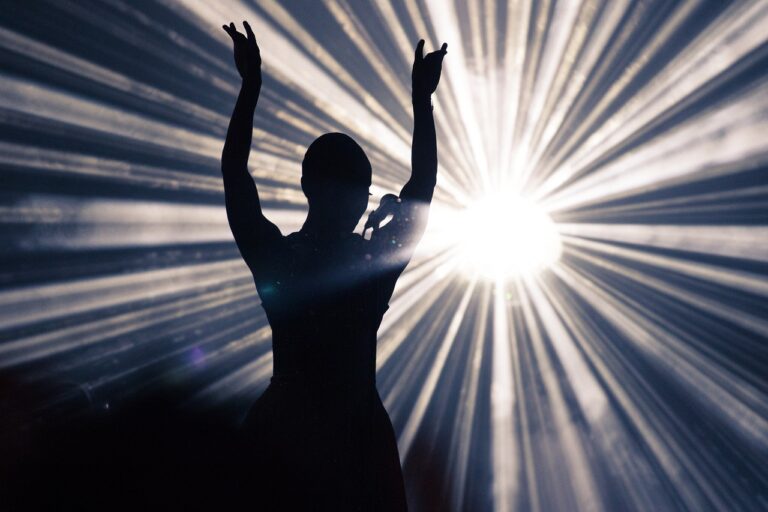Comedy and Gender: Exploring Stereotypes and Breaking Boundaries
betbook250.com, 11xplay, yolo 247:Comedy has long been a platform for exploring and challenging societal norms, including those related to gender. From mocking traditional gender roles to shattering stereotypes, comedians have used humor to shed light on these issues and pave the way for a more inclusive and diverse world.
Exploring Stereotypes:
One of the most common ways comedy addresses gender is by highlighting and poking fun at stereotypes. Whether it’s the notion that women are bad drivers or that men don’t express their emotions, comedians often exaggerate these stereotypes to show how ridiculous they truly are. By bringing these ideas to light in a humorous way, comedians help break down these harmful beliefs and encourage audiences to question their validity.
Breaking Boundaries:
In addition to exploring stereotypes, comedy also has the power to break boundaries when it comes to gender. Female comedians, in particular, have faced challenges in a male-dominated industry, but through their wit and humor, they have carved out their own space and challenged traditional norms. Comedians like Ali Wong, Tina Fey, and Amy Schumer have proven that women can be just as funny and successful as their male counterparts, shattering stereotypes along the way.
Intersectionality:
Comedy also has the ability to explore the intersectionality of gender with other identities, such as race, sexuality, and class. By addressing these complex issues through humor, comedians can shine a light on the unique challenges faced by individuals with multiple marginalized identities. This intersectional approach to comedy not only creates a more nuanced and inclusive perspective but also challenges audiences to think critically about the ways in which various forms of oppression intersect.
The Future of Comedy and Gender:
As society continues to evolve, so too does comedy’s role in challenging gender norms and stereotypes. With a growing number of diverse voices in the industry, including LGBTQ+ comedians, comedians of color, and comedians with disabilities, the future of comedy is more inclusive and representative than ever before. By amplifying these voices and perspectives, comedy has the power to continue breaking boundaries and pushing the envelope when it comes to gender representation.
FAQs:
Q: Are there any limits to what can be joked about when it comes to gender?
A: While comedy can be a powerful tool for addressing sensitive issues, it’s important to consider the impact of jokes on marginalized groups. Punching down and reinforcing harmful stereotypes are never acceptable.
Q: How can I support gender-inclusive comedy?
A: Seek out and support comedians from diverse backgrounds, attend shows that prioritize representation, and engage in critical conversations about gender and comedy.
Q: Can comedy really change societal norms around gender?
A: Absolutely! Comedy has the power to shape cultural attitudes and challenge ingrained beliefs. By bringing light to gender stereotypes and boundaries, comedians can play a significant role in sparking important conversations and creating change.
In conclusion, comedy has the ability to explore stereotypes, break boundaries, and challenge societal norms when it comes to gender. By amplifying diverse voices and perspectives, comedy can help create a more inclusive and equitable world for all.







